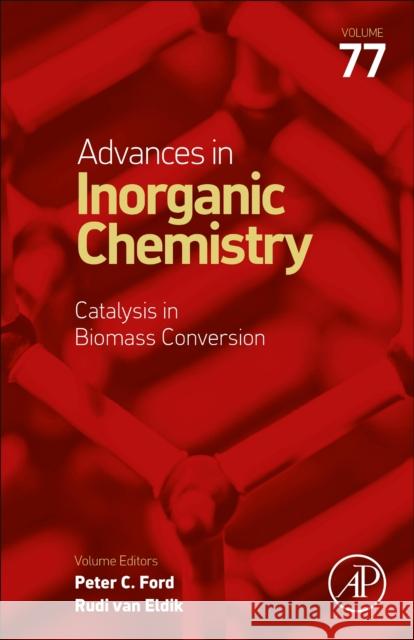Catalysis in Biomass Conversion: Volume 77 » książka
topmenu
Catalysis in Biomass Conversion: Volume 77
ISBN-13: 9780323850582 / Angielski / Twarda / 2021 / 398 str.
Kategorie:
Kategorie BISAC:
Wydawca:
Academic Press
Seria wydawnicza:
Język:
Angielski
ISBN-13:
9780323850582
Rok wydania:
2021
Numer serii:
001150378
Ilość stron:
398
Waga:
4.46 kg
Wymiary:
22.86 x 15.24 x 2.24
Oprawa:
Twarda
Wolumenów:
01











